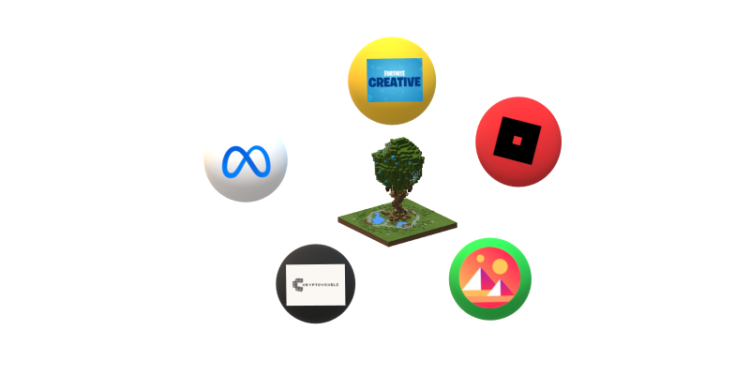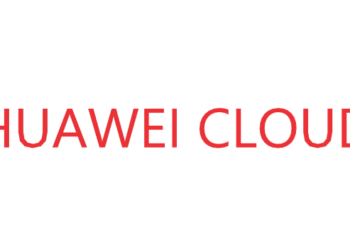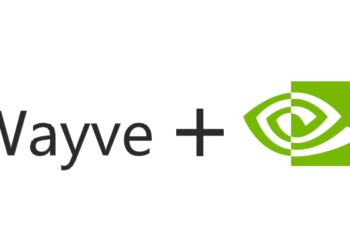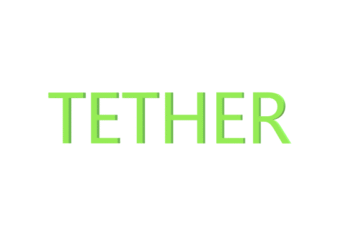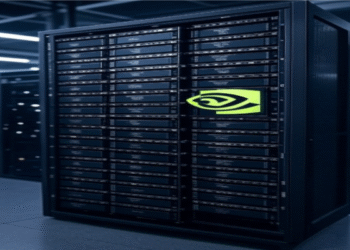In the ever-evolving landscape of digital technology, the concept of the metaverse has gained unprecedented momentum. A virtual universe where users can interact with each other and digital environments in real time, the metaverse is reshaping how we connect, work, and play. In this article, we will delve into the intricacies of various metaverse platforms, exploring their unique features, advantages, and potential applications.
Metaverse Platforms
1.Facebook Horizon Workrooms: Bridging the Virtual Gap
Meta’s (formerly Facebook) Horizon Workrooms stands out as a metaverse platform designed for collaboration and remote work. Users can create personalized avatars, attend virtual meetings, and collaborate on projects in a 3D virtual space. With seamless integration with Oculus VR headsets, Workrooms offers an immersive experience that transcends traditional video conferencing.
Key Features:
a. Immersive Meetings: Workrooms provide an immersive meeting environment with spatial audio, making conversations feel more natural and engaging.
b. Collaborative Tools: Users can collaborate on virtual whiteboards, share documents, and interact with 3D models, enhancing productivity and creativity.
C. VR Integration: Seamlessly integrates with Oculus VR headsets, offering users a fully immersive VR experience for enhanced engagement.
Use Cases:
a. Remote Work: Ideal for remote teams looking for a more engaging and interactive collaboration experience.
b. Virtual Conferences: Offers a unique platform for hosting virtual conferences, seminars, and workshops with a more immersive feel.
2. Decentraland: Empowering Users Through Blockchain Technology
Decentraland, built on blockchain technology, is a decentralized virtual world where users have complete control over their digital assets and experiences. This metaverse platform uses Ethereum’s blockchain to establish ownership of virtual land, allowing users to buy, sell, and develop virtual real estate. Decentraland is also known for hosting events, conferences, and social gatherings within its digital space.
Key Features:
a. Blockchain Ownership: Uses blockchain technology to establish ownership of virtual land and assets, ensuring transparency and security.
b.User-Generated Content: Users can create and monetize their content, fostering a creative and entrepreneurial community.
c.Decentralized Governance: Community-driven decision-making through decentralized governance mechanisms
Use Cases:
a. Virtual Real Estate: Users can buy, sell, and develop virtual land, creating a unique and valuable digital space.
b. Virtual Events: Decentraland hosts events, conferences, and social gatherings, providing a platform for a wide range of virtual experiences.
3. Roblox: Creativity Unleashed in the Metaverse
Roblox has emerged as a global sensation, especially among younger audiences. It serves as a user-generated gaming platform where players can design their games and experiences. With a vast library of user-created content, Roblox encourages creativity, social interaction, and entrepreneurship within its metaverse.
Key Features:
a. User-Generated Content: Roblox is known for its extensive library of user-created games, fostering creativity and diversity in gaming experiences.
b.Roblox Studio is a powerful game development tool that enables users to create their own games, models, and animations.
c.Virtual Economy: Roblox has its virtual economy with Robux as an in-game currency, allowing for in-game purchases and monetization.
Use Cases:
a. Gaming: Primarily used for gaming experiences, ranging from simple adventures to complex simulations.
b.Game Development: Roblox Studio provides an entry point for aspiring game developers to create and share their games.
4. Cryptovoxels: The Ethereum-Powered Virtual Reality
Cryptovoxels is a metaverse platform that leverages blockchain technology, specifically Ethereum, to create a virtual world where users can buy, sell, and build on virtual land. Each parcel of land in Cryptovoxels is a non-fungible token (NFT), ensuring unique ownership and verifiable scarcity. This platform has gained traction in the art and virtual real estate markets.
Key Features:
a. Ethereum-Based NFTs: Every parcel of land is represented as an NFT, allowing for unique ownership and verifiable scarcity.
b.User-Created Content: Users can build on their virtual land, creating unique and personalized virtual spaces.
c.VR Integration: Supports virtual reality headsets for a more immersive experience.
Use Cases:
a.Virtual Real Estate Investment: Users can buy, sell, and develop virtual land with the potential for investment and appreciation.
b.Art Galleries and Exhibitions: Cryptovoxels has become a space for hosting virtual art galleries, exhibitions, and events.
5. Fortnite Creative: Gaming and Beyond
Fortnite Creative, an extension of the popular Fortnite game, introduces a metaverse-like environment where players can design their islands, games, and experiences. With its user-friendly creative mode, Fortnite Creative empowers players to express their creativity, share their creations with others, and even monetize their work through the support-a-creator program.
Key Features:
a. Creative Mode: Allows players to design custom islands, structures, and games using various building tools.
b.Social Hub: A space where players can share their creations, play together, and experience user-generated content.
c. Monetization Opportunities: Creators can participate in the support-a-creator program, earning real-world currency through in-game purchases made by players.
Use Cases:
a. Creative Expression: Fortnite Creative is a playground for players to express their creativity through unique in-game creations.
b.Community Engagement: The social hub fosters a sense of community, enabling players to connect, share, and play together.
Conclusion
The metaverse is rapidly evolving, with various platforms offering unique experiences and opportunities for users worldwide. Whether it’s for remote collaboration, gaming, virtual real estate, or creative expression, these platforms showcase the diverse applications of the metaverse. As technology continues to advance, the metaverse will likely play an increasingly central role in how we connect, collaborate, and experience the digital world. Stay tuned for further developments in this exciting and transformative space.

